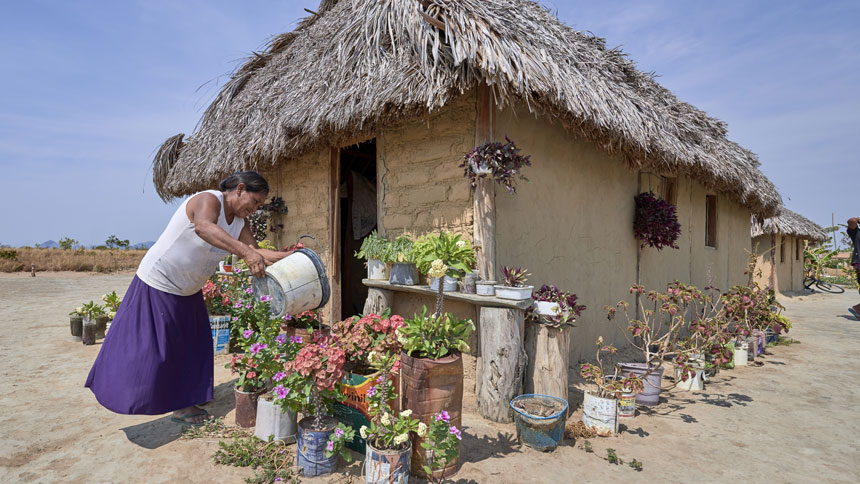
Pope Francis addressed a number of crucial issues facing the Amazon region in his apostolic exhortation “Querida Amazonia,” including evangelization, respect for indigenous people and dangers to the environment.
“I dream of an Amazon region that fights for the rights of the poor, the original peoples and the least of our brothers and sisters, where their voices can be heard and their dignity advanced,” he said.
While many media outlets around the world focused on what the pope’s exhortation did not mention, namely the consideration of addressing a shortage of priests in the region by opening the door to the ordination of “viri probati,” or mature, married men of the community, the full document demonstrates how well the Holy Father understands the church’s role in the Amazon, Latin America and in general.
Answering the subject of “How to better proclaim the Gospel in the Amazon?” was the purpose of the Amazon Synod that took place Oct. 6-27 last year in Rome, and the final recommendations are in the recent publication, “Mi Querida Amazonas,” or “Beloved Amazonia.”
In the Amazon region, there are 33.6 million people living in nine different countries: Bolivia, Brazil, Colombia, Ecuador, French Guyana, Guyana, Peru, Suriname and Venezuela.
Reverend Chesco Garcia, parochial vicar at the Basilica Shrine of Saint Mary in Wilmington, who was a missionary visitor 30 years ago in the jungle region of Colombia, understands very well daily life for people of the region and the important role for ministry and evangelization there.
Father Chesco’s visit to the Amazon and his work as a missionary had a profound impact on his life. As it was when the Jesuit missionaries embarked into the jungle in the 18th century, the Amazon region still remains largely mission territory for the Catholic Church. Father Chesco also remembers how the Catholic Church was responsible for educating the people as well as helping to strengthen relations between the indigenous community and the Church.
“I remember never having been in my life, in such terrible weather,” Fr. Chesco said. “And how poor the people living there were. There were so many different needs. Since our work was directly with families, we visited several homes. Most of them lived in high houses made of wood to avoid flooding.”
According to Father Chesco, in the Colombian Amazon, there is a positive relationship between the community and the Catholic Church. However there also indigenous communities with different beliefs. Therefore, it is very important that the expressions of faith from the Church come with a great love for all of the humanity, including the indigenous communities, as well as an understanding and love for the natural beauty and resources of the area.
“We do not need an environmentalism that is concerned for the biome but ignores the Amazonian peoples,” Pope Francis states in Querida Amazonia.

